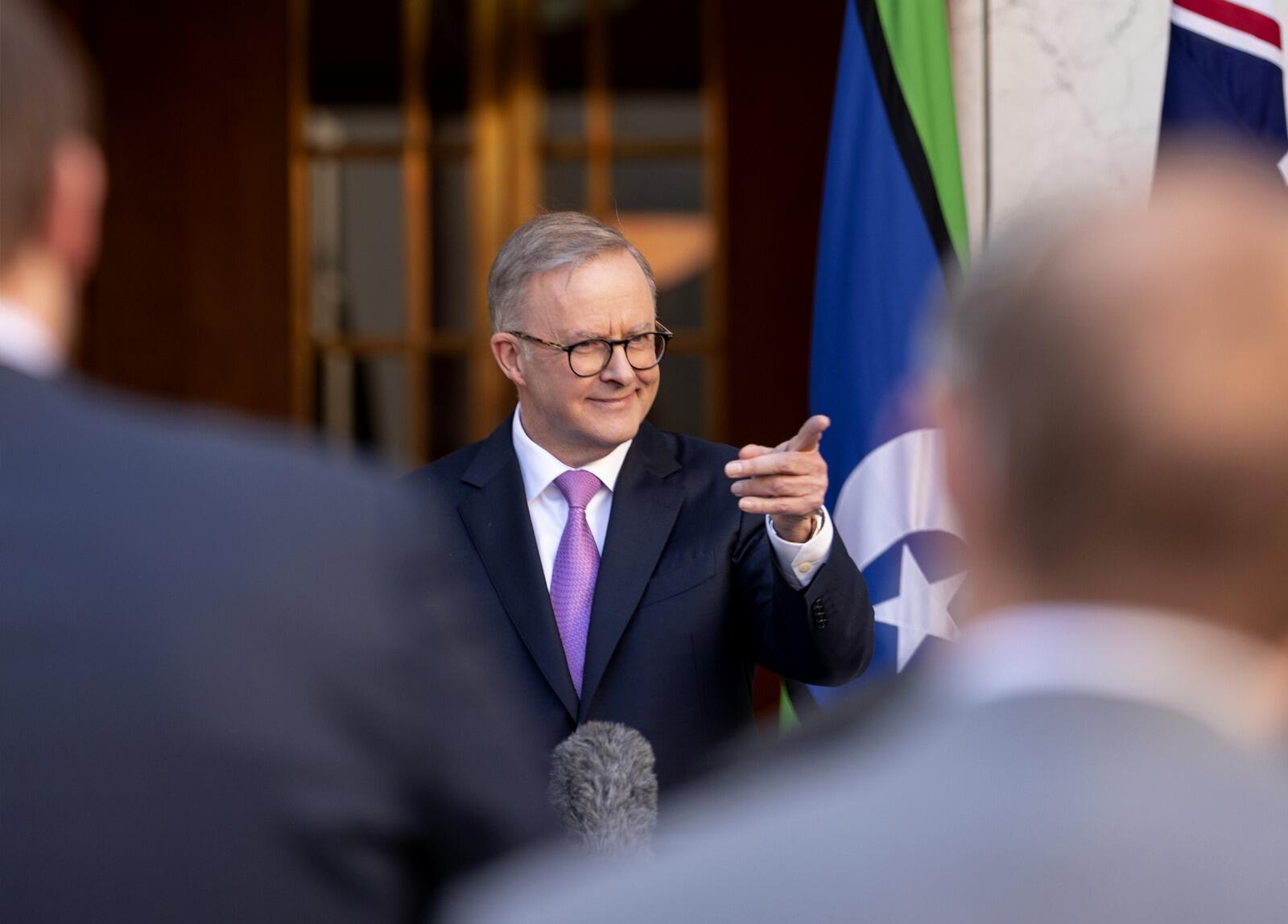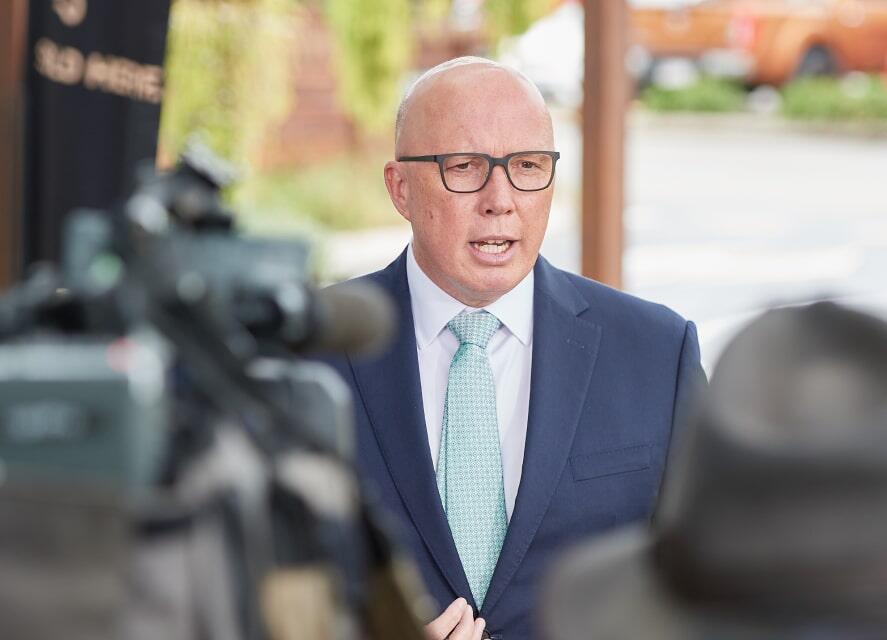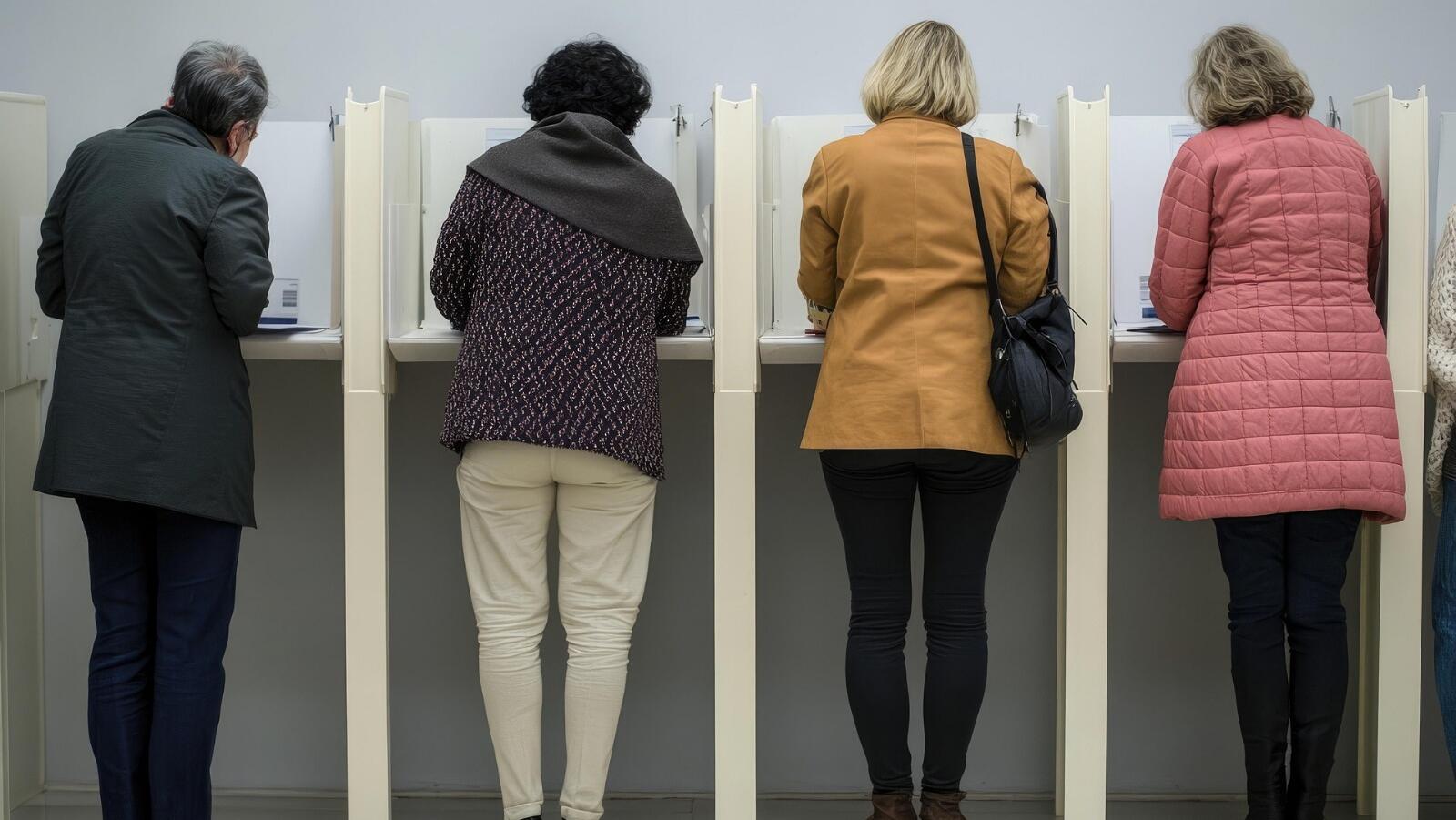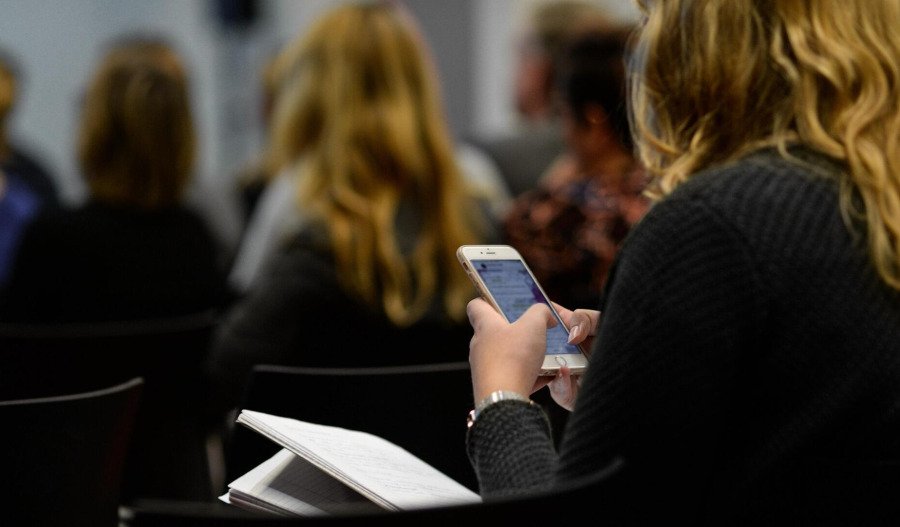The week started and finished on a political note, but jammed in between is plenty of corporate news, including the latest earnings, mostly from the United States, where President Donald Trump and his tariffs continue to dominate attention. Here’s how we saw it and brought it to you:
A week that brought April to a close promises to finish on a political high note with the Federal election on Saturday, but events in America remain the major driver of Australian markets.
Donald Trump marked a tumultuous 100 days in office. However, as Mark Story reported here, the former property developer and reality TV star had few reasons to celebrate given his diminishing support, falling share markets and approval ratings.
Mark also noted in this story that although Australia’s election should be the biggest-game-in-town, the vote to elect another government in Canberra is less important to Australians than what’s happening internationally.
But after five weeks of campaigning, opinion polls suggest the sitting Labor Government under Prime Minister Anthony Albanese will be returned, but perhaps not in its own right if the Greens and independents win enough seats to result in a hung Parliament.
We will keep you informed this weekend with updates on who will take power in Canberra for three more years and interviews with those who may hold the balance of power.
Albanese won the final television election debate against his conservative opponent Peter Dutton, backed by half of the audience of voters with 25% remaining undecided, wrote Frankie Reid in this piece.
The points in earlier talk-offs also went to the Prime Minister, with the cost of living outranking housing and energy costs as the major issues but, ever the optimist though, Dutton said he expected “big surprises on election night.”

Australians were beaten to the polling booths by Canadians who, Frankie informed us in this piece, backed the Liberal Party for a fourth term, with new Prime Minister Mark Carney fiercely resisting attempts by Trump to make it a 51st American state.
Away from politics
Azzet’s account of the week in business started with Mark writing about the possibility of Toyota Motor chairman Akio Toyoda and his founding family mounting a $42 billion buyout of Toyota Industries.
Cameron Drummond took us out of the boardroom and onto the football pitch with this story about Liverpool and Wrexham finding success in their own ways in English soccer.
The United States Dollar index posted its first weekly gain since mid-March, recovering from three-year lows last week, according to his piece from Oliver Gray, who also wrote here that oil prices were heading for their largest monthly fall since November 2021 due to the ongoing global trade war and signs of weakening demand.
But Australian equities headed in the opposite direction, finishing the week with a seventh consecutive rise, an outcome we attribute here to a perceived easing in global trade tensions and expectations of an interest rate cut by the Reserve Bank of Australia.
US earnings season
Quarterly financial results started emanating from the United States this week with Google parent Alphabet reporting an increase in earnings (read my story here) and American Airlines landing in a loss (read Frankie’s piece here).
Spotify Technology announced a big lift in earnings for the first quarter (Q1) of the 2025 financial year but as I reported here investors did not like the sound of it with its share price diving as the results were below expectations.
Coca-Cola reaffirmed its guidance has stayed steady on its 2025 guidance after the release of its first quarter earnings report.
We continue to cover a virtual alphabet of other corporate results from the U.S. and Europe with the return of our Live Blogs here and here and here.
Returning to the Australian Securities Exchange, Amcor reported quarterly earnings that were below analysts’ expectations but, Mark writes here, it provided some comfort by confirming the completion of its merger with Berry Global.
Building materials group James Hardie pushed back against shareholder complaints about its US$8.74 billion (A$13.87 billion) scrip takeover bid for the AZEK Company, as I wrote here.
Investors will be hoping they can toast the news that former Virgin boss Jayne Hrdlicka will become Managing Director and Chief Executive of drinks and hospitality business Endeavour Group, an appointment Cameron reported in this article.
Mark wrote here that Lynas Rare Earths accused the Federal Government of trying to establish itself as a rival that would undermine its ability to sell products to non-Chinese customers.
Cameron brought us news of BP agreeing to supply $27 billion of natural gas to Woodside Petroleum’s Louisiana liquefied natural gas project in the United States.
Mark also tells our readers in this piece how to get the pay rise they believe they deserve, in this story about how to invest wisely using financial advice from a computer, and in this article about understanding your risk appetite when investing.
Those with the most persuasive skills may end up with enough folding stuff to join a new private club like that co-founded by Donald Trump Jr. which, as Frankie wrote here, has a joining fee of $500,000.
But those whose pay falls well short of that can salve their disappointment with a meal served up by Domino’s Pizza, which reported slowing domestic sales, as Harlan Okey reported in this article.
More on tariffs
It would be remiss to delve this far into a summary of the week in business without mentioning tariffs, particularly as Harlan told us here that U.S. Treasury Secretary Scott Bessent encouraged China to make a deal that resulted in lower U.S. tariffs.
In his latest Mission Critical column, Cameron wrote that tariffs contributed to the rollercoaster start to the year for copper, which had benefitted from a rising price.
These oft-mentioned taxes on imports were also cited by companies as headwinds, like the world’s largest company Apple, which expects they will add US$900 million to costs (read here), and business travel agency Corporate Travel Management which, we reported here, saw a $30 million hit.
And a column cannot end without a further mention of the former property developer and reality television star who returned to the White House for another four-year term in February.
As Mark wrote in this piece, a United Arab Emirates-backed government fund plans to use the Trump family's cryptocurrency to pay for a $2 billion minority stake in the scandal-ridden digital currency exchange Binance.
Governance works differently in Australia where 18 million people are about to decide who will hold the reins of power for another three years.




